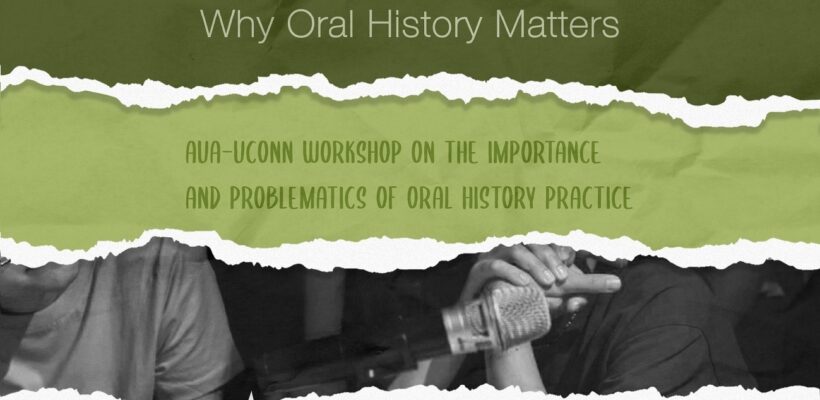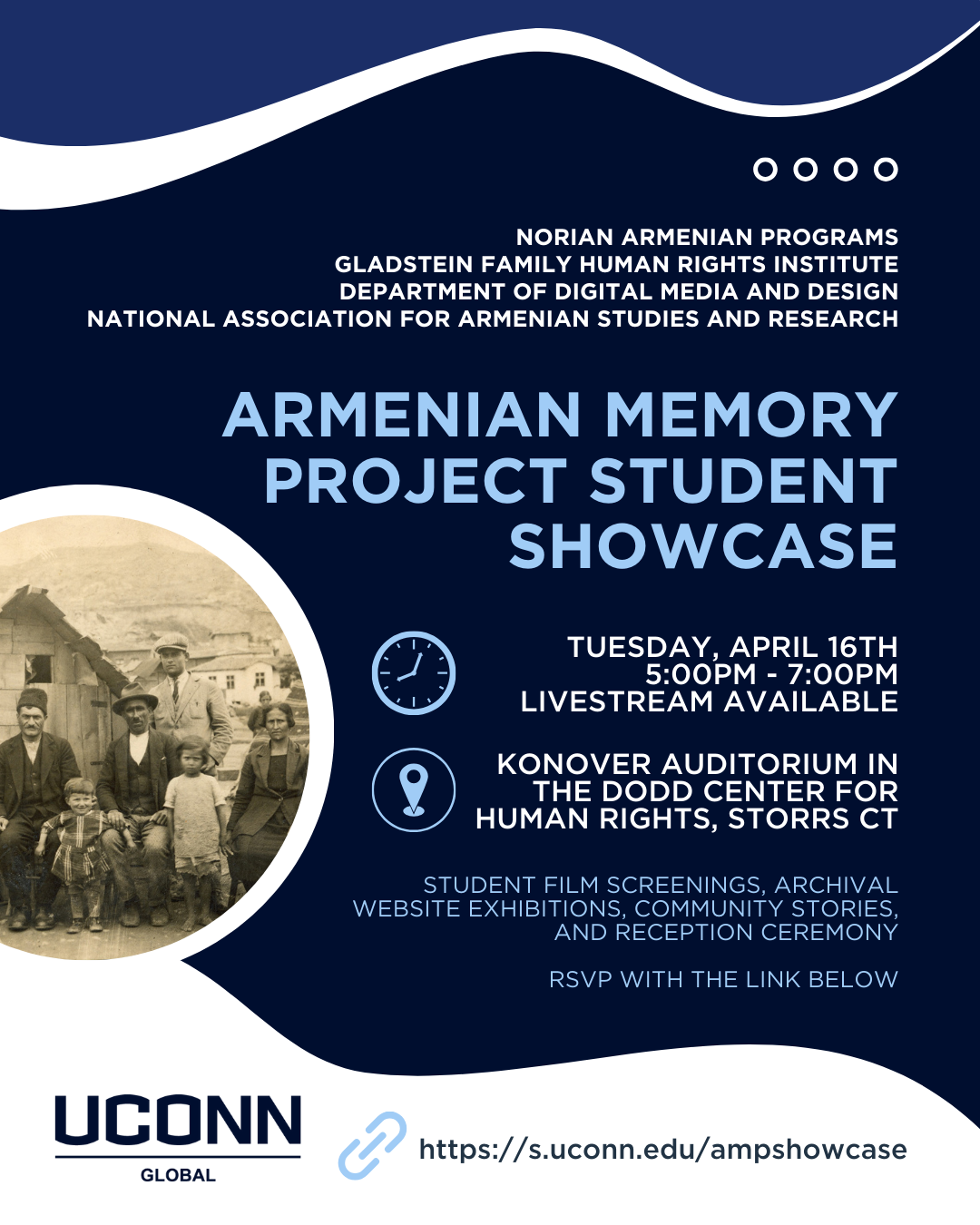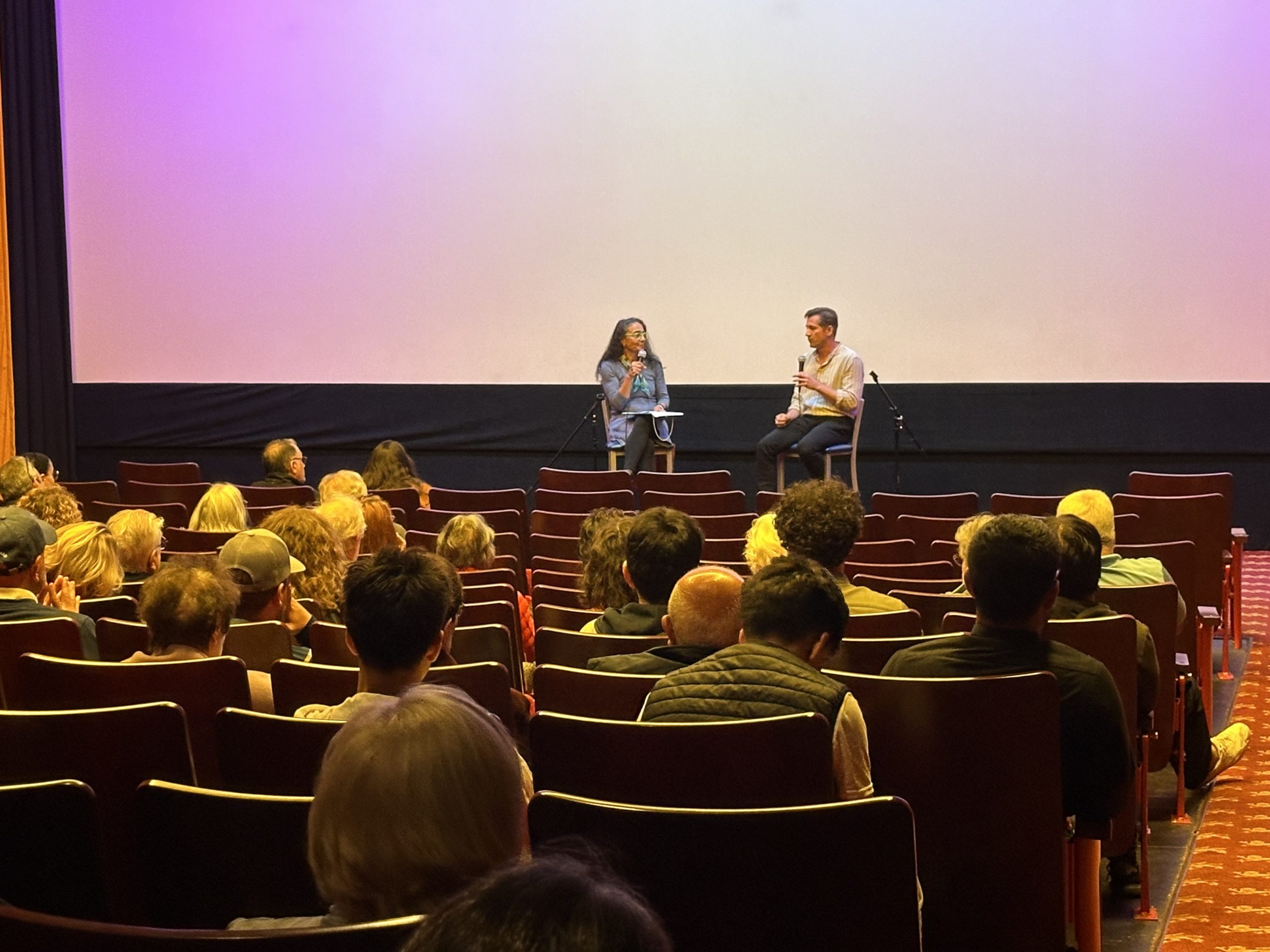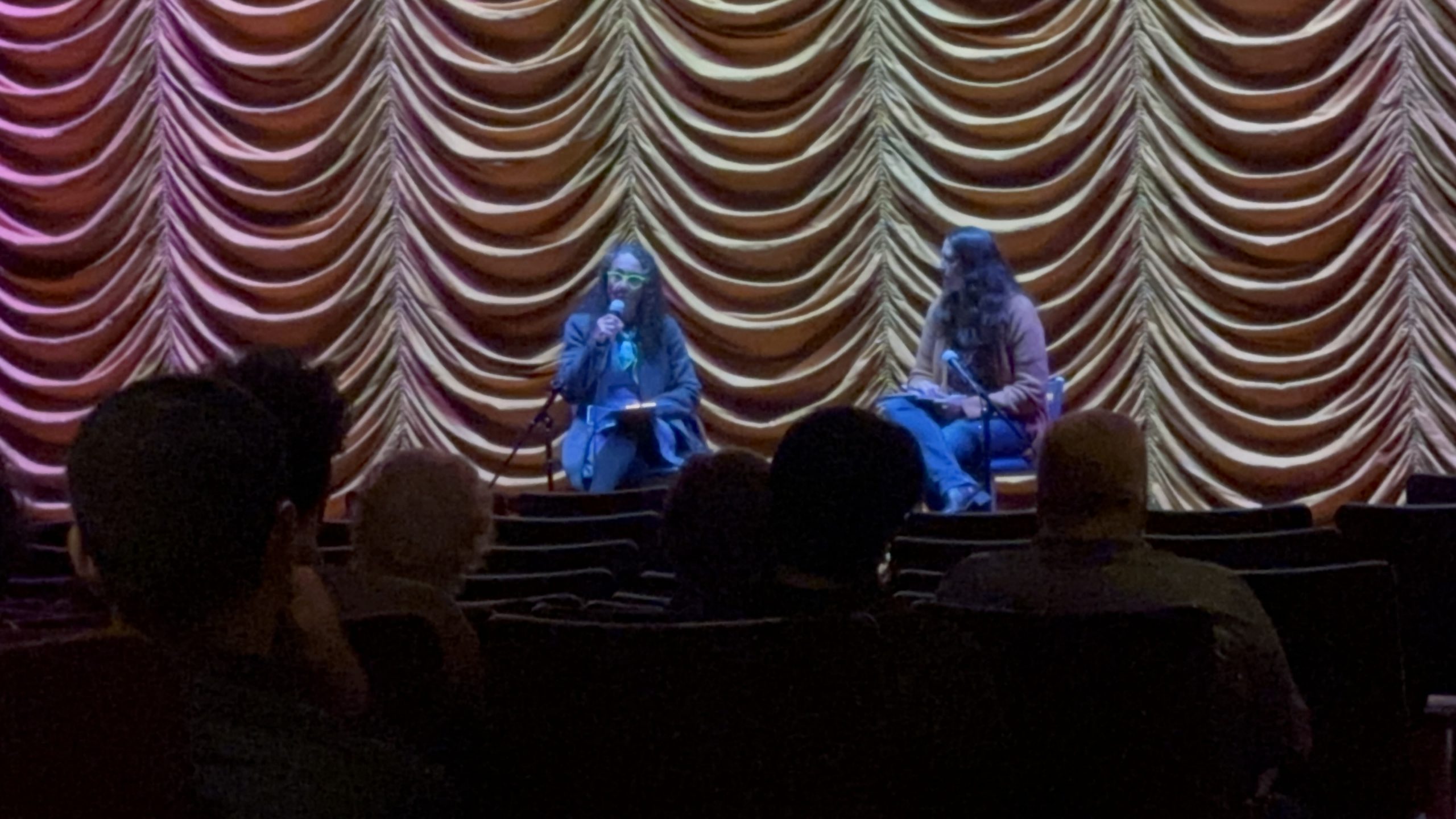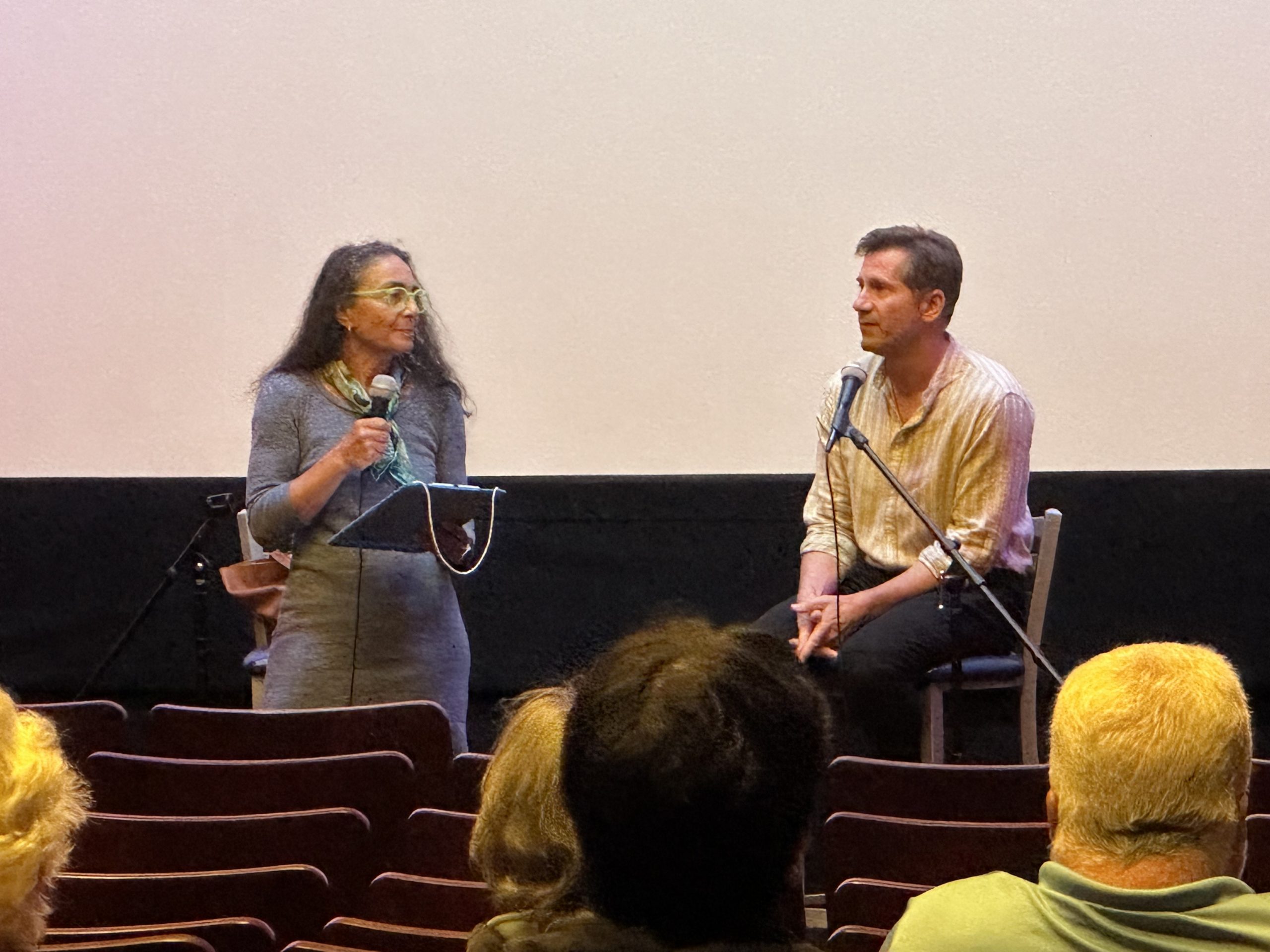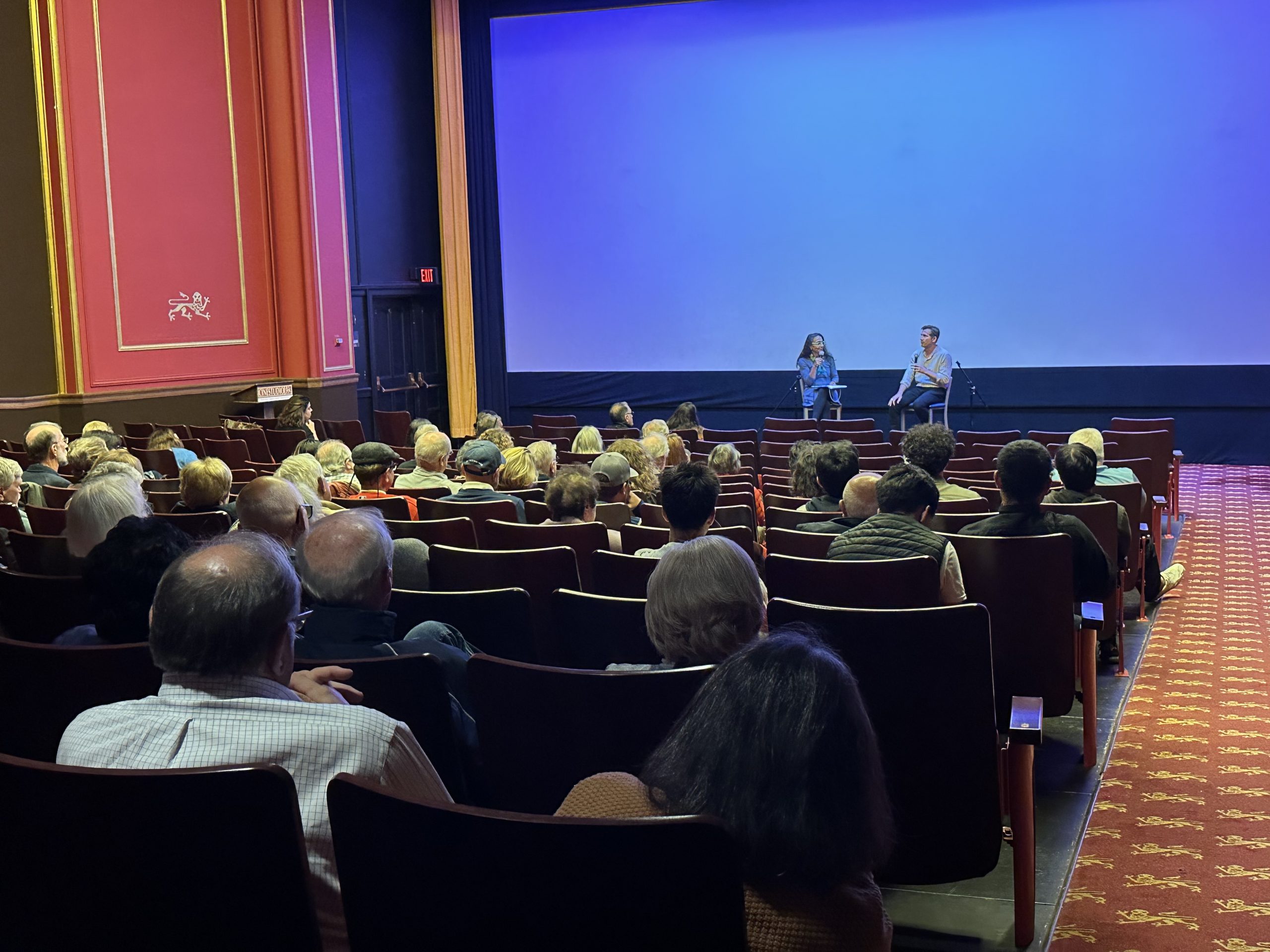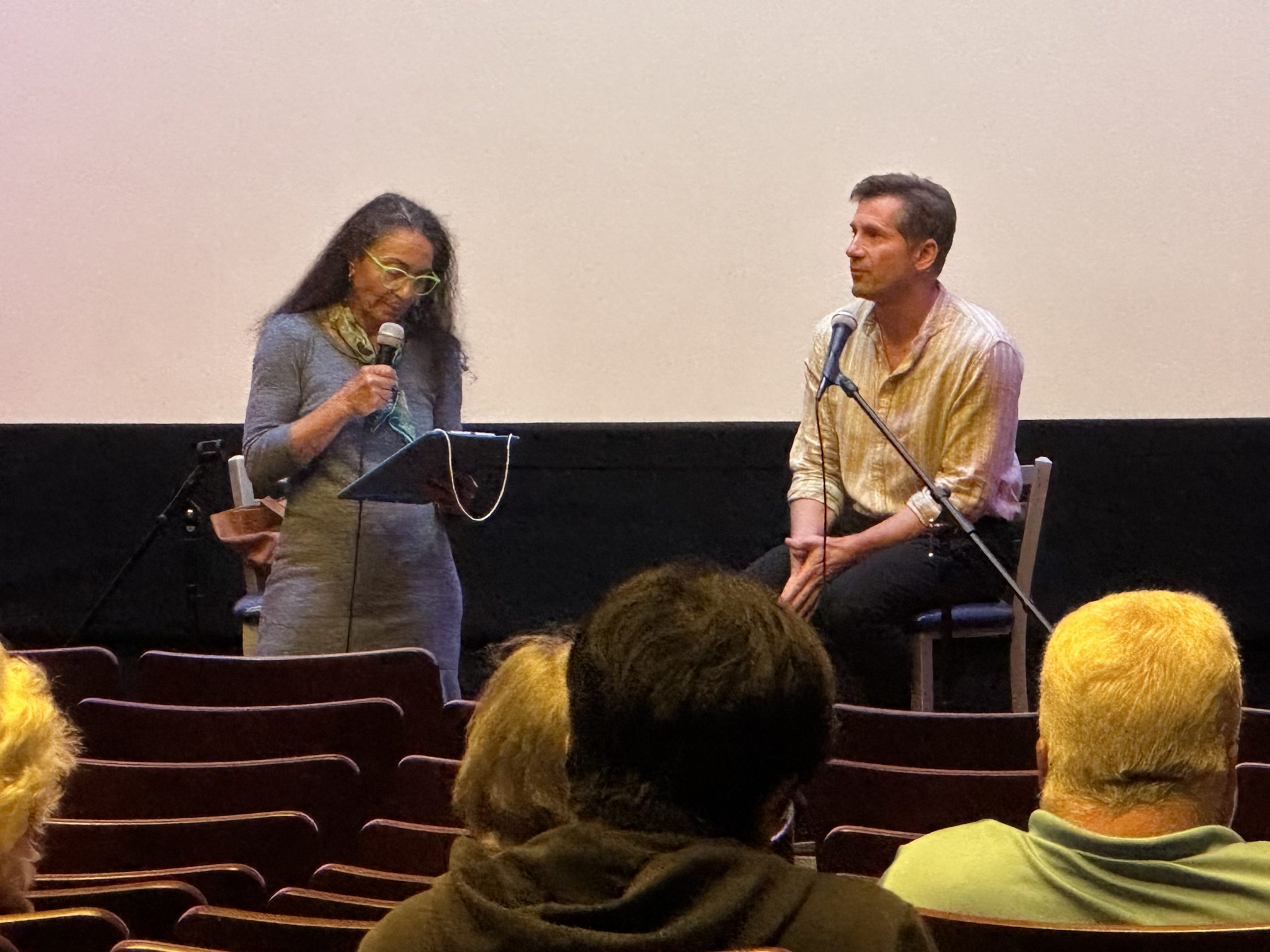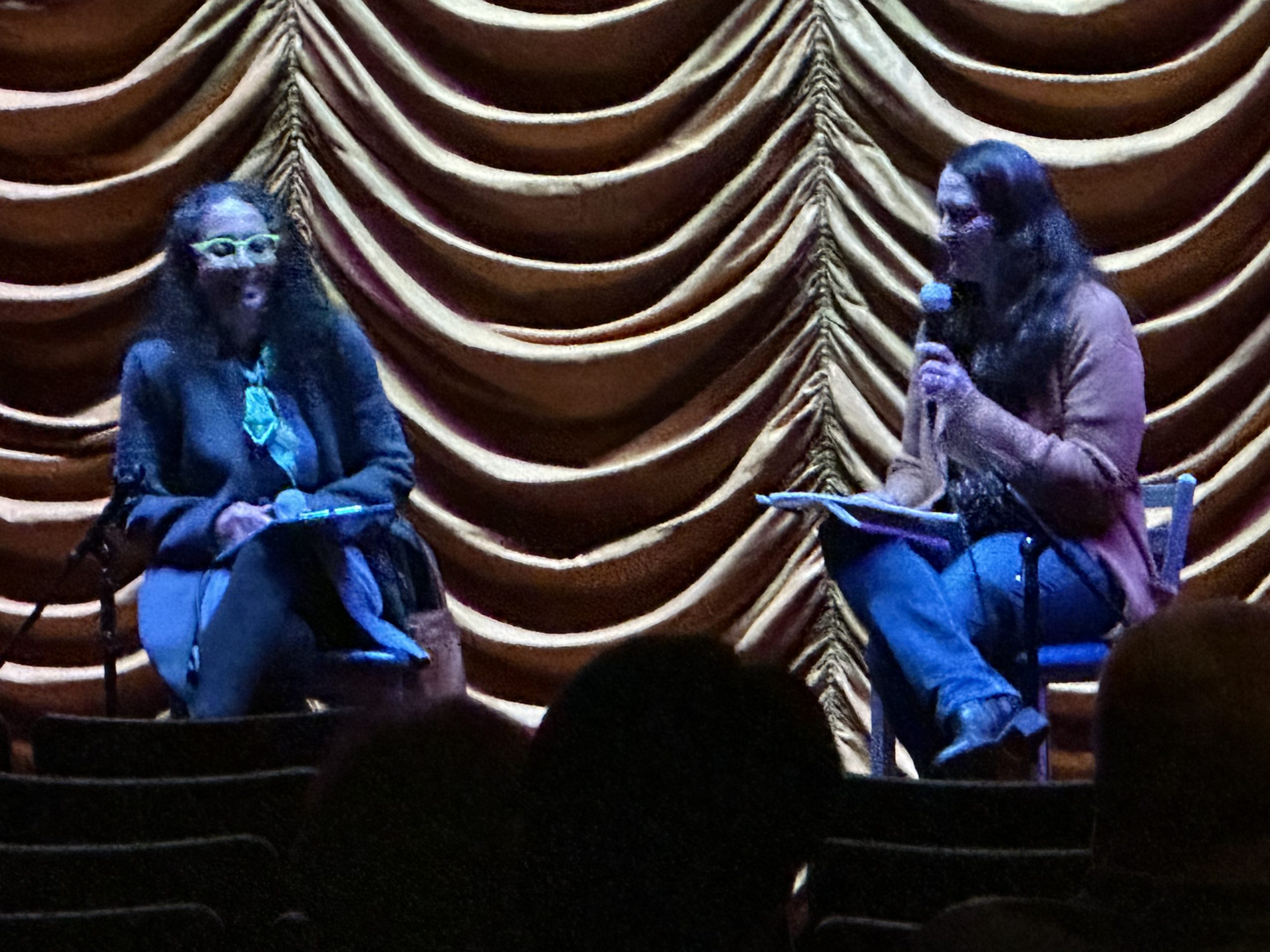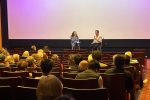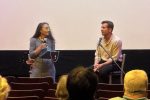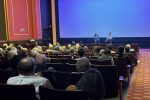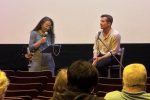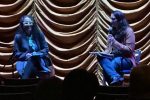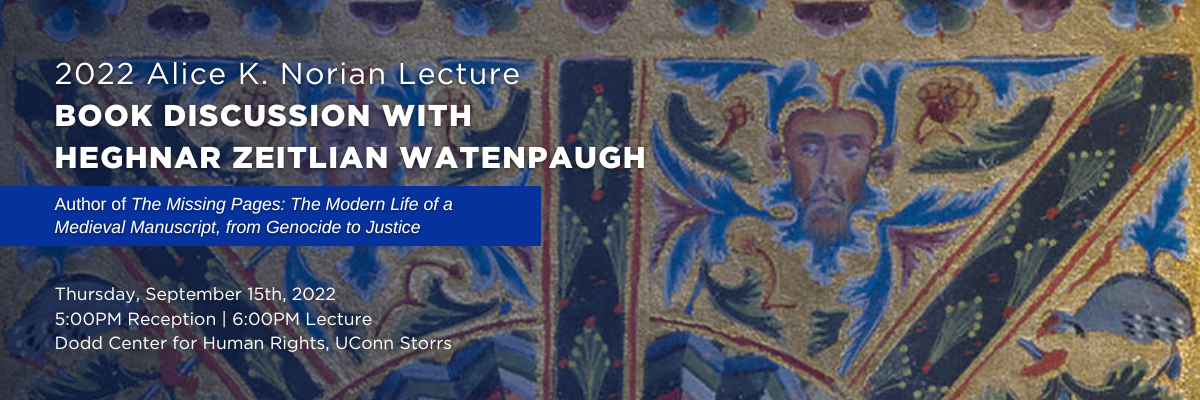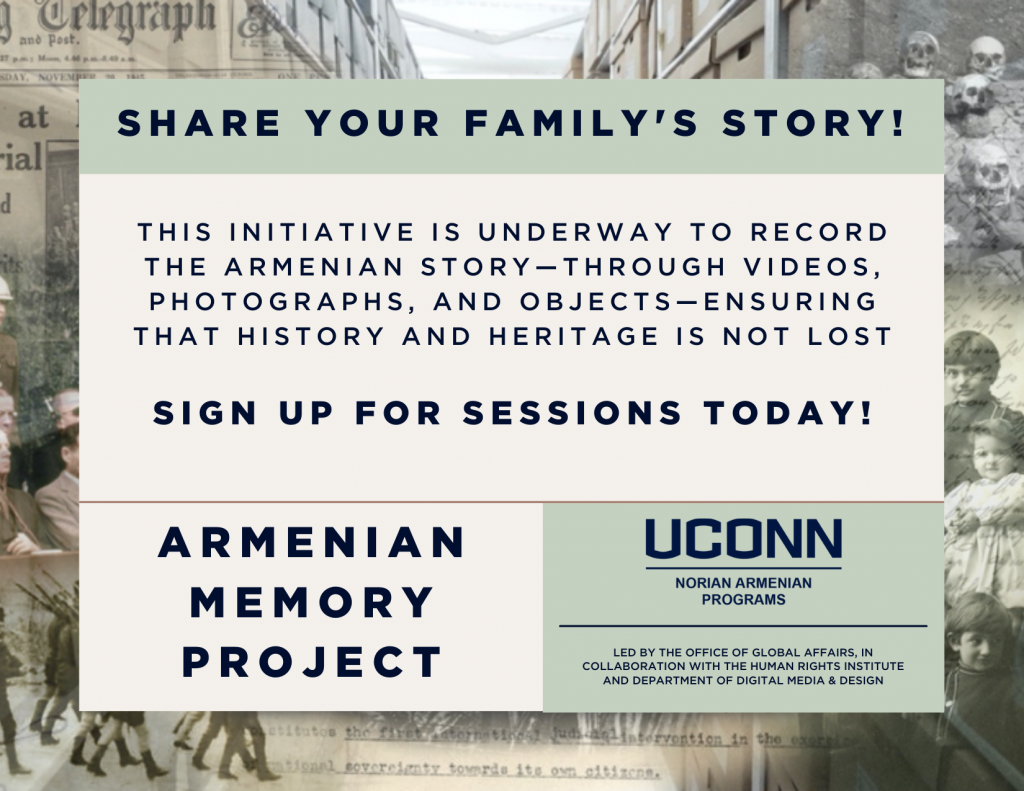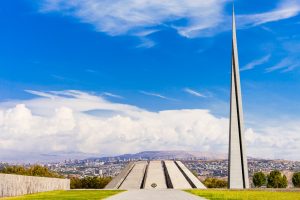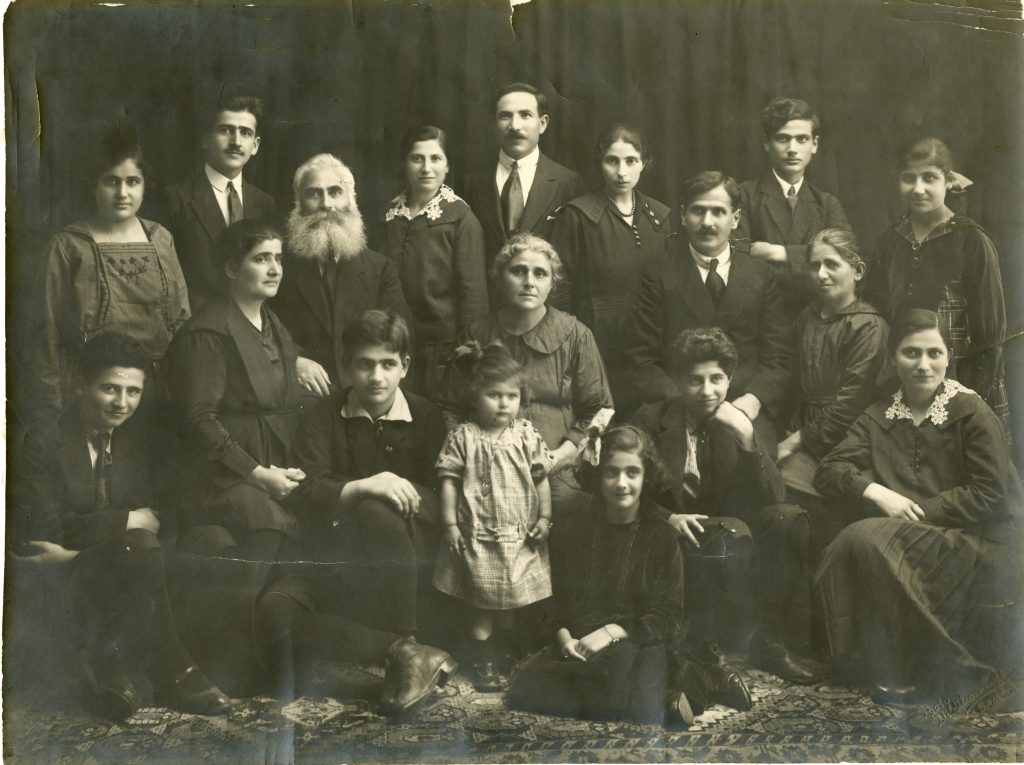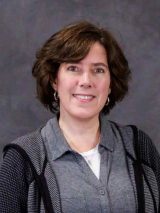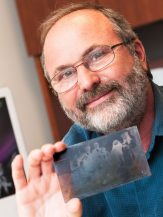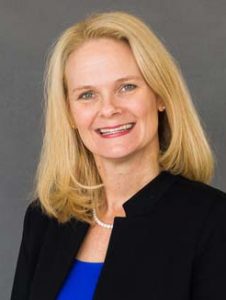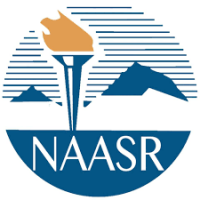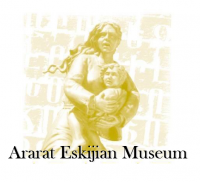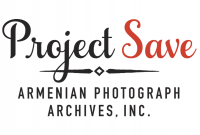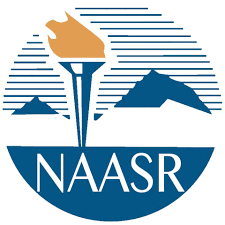Thursday October 29, the University of Connecticut and other co-sponsors premiered “The Dildilians: A Story of Photography and Survival” on YouTube. The film was produced by students in the UConn course “Variable Topics: Visual Representations of Armenian Memory” taught by filmmaker Catherine Masud, in close collaboration with Dildilian family historian Armen Marsoobian.
The film tells the story of a family of Armenian photographers, the Dildilians, who captured a way of life in central Turkey that disappeared during the Armenian Genocide of 1915. The documentary is brought to life through the voices of family descendants, supplemented by historical photographs and documents from the family archive.
The online screening platform allowed people to watch together from all over the country and around the world in countries like Germany, the Netherlands and Canada.
“Hello all together from Germany!” YouTube user Heinrich Geuther commented during the film.
The virtual film screening on YouTube was followed by a live panel discussion opened by MC Zahra Ali, Director of Global Partnerships and Outreach who introduced the panelists. The panel, moderated by Heather Elliott-Famularo, included Masud, adjunct instructor for UConn Digital Media & Design and the Human Rights Institute, Marsoobian, Professor of Philosophy at Southern Connecticut State University, and School of Fine Arts students Aidan Brueckner, Jonathan Pico and Bridget Sweeney who all contributed to the production of the film.
The students worked with Marsoobian’s family photography archive which included scanning glass negative photographs to create graphics for the film. It was a process they had to be very careful with, but one of the best parts of the project Sweeney said. “I had never even held a glass negative before that class,” Sweeney said. “To think that they’ve been around for so long was so incredible. I really enjoyed holding the physical archives.”
Stories from the past can play an important role in fostering dialogue among different peoples, Marsoobian said. We have to bear witness to those ancestors. “Whether they’re Armenian ancestors in Ottoman Turkey or they’re ancestors in Ireland,” Marsoobian said, “it’s important to give those ancestors a voice and it’s also important for our own identity to understand who we are and where we’ve come from.”
The story of our ancestors is our story that we carry through the past, with us in the present and into the future, Masud expressed. We need to connect those dots and feel that sense of responsibility to acknowledge our history.
“It’s very important to look at this story of the Dildilians and the Armenian genocide as also, in one way or another, the story of us all,” Masud said.
The event was co-sponsored by the University of Connecticut (Norian Armenian Programs, Office of Global Affairs, School of Social Work, Human Rights Institute, Digital Media and Design), the National Association for Armenian Studies and Research (NAASR), Project SAVE Armenian Photograph Archives, Inc. and the Ararat-Eskijian Museum.
